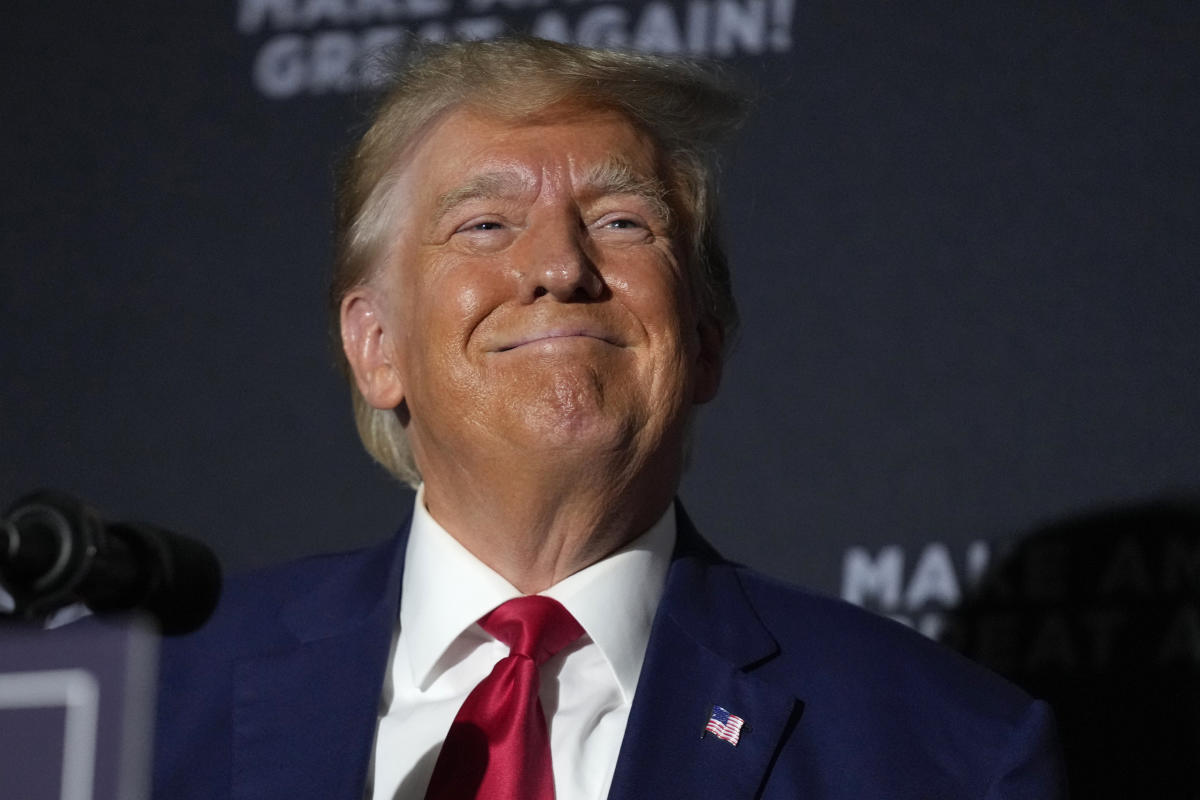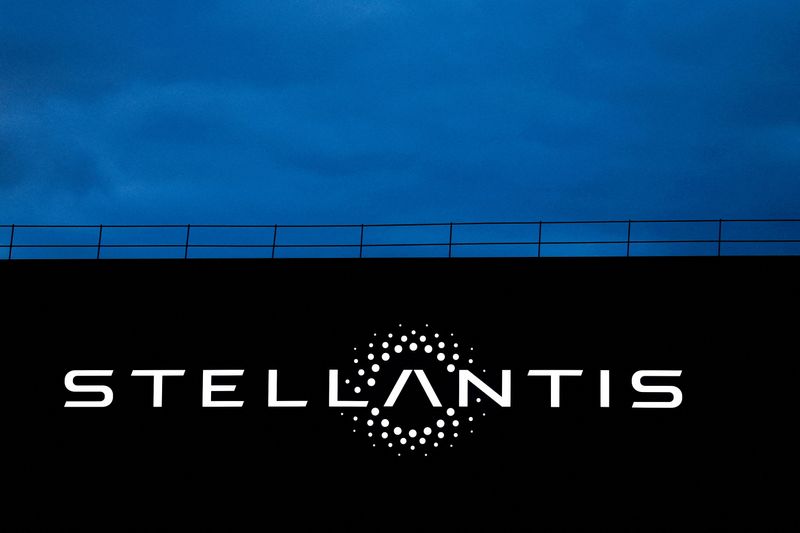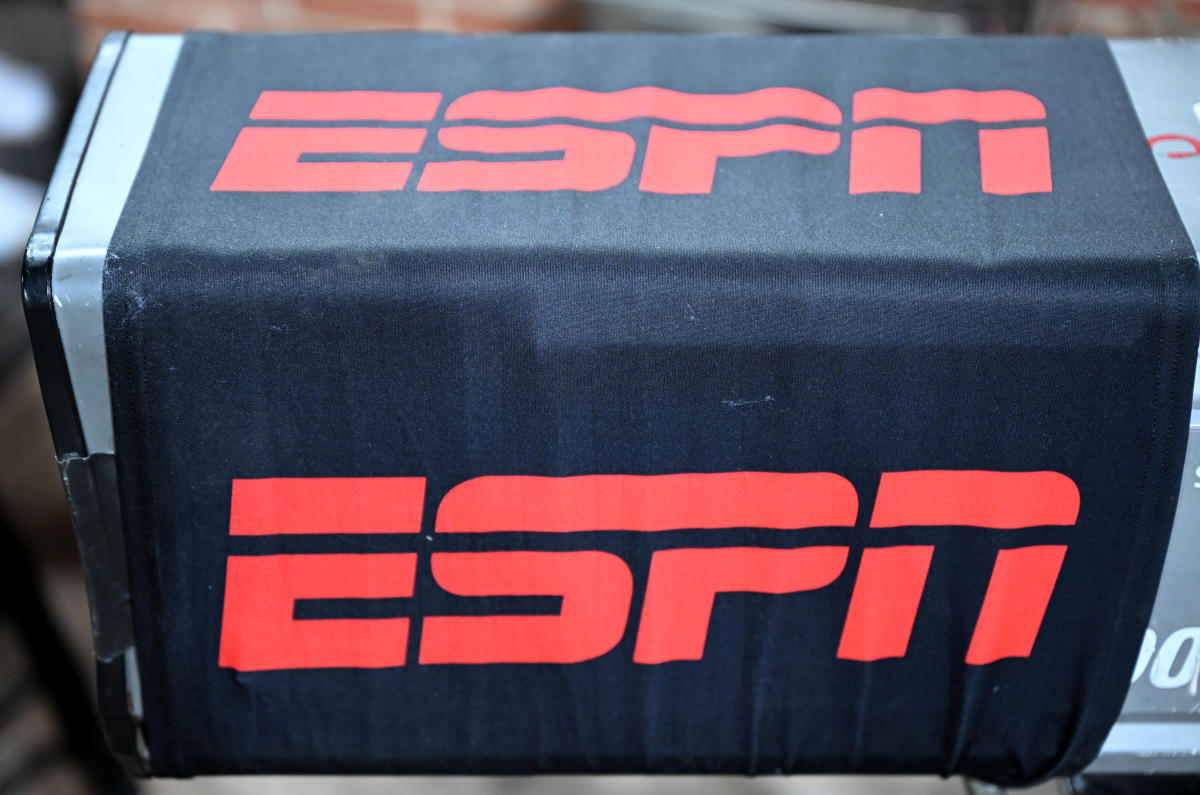Story: Becoming a sushi chef like 49-year-old Kazuyuki Tanioka takes years of study and practice.
Like many of his Japanese compatriots, his knife skills are probably among the best in the world.
But the ingredients he uses can so far fill the curtain on his eight-year-old restaurant in the Chinese capital, Beijing.
(SOUNDBITE) (Japanese) 49-year-old Japanese restaurateur Kazuyuki Tanioka says:
“The hardest thing for us now is that we can’t buy any Japanese seafood at all because it takes a long time to clear Chinese customs due to the problem of releasing treated radioactive water.”
Like most Japanese restaurants in China, Toya’s outlet Tanioka imports fish from Japan.
But Chinese restrictions on some of those imports make business more difficult.
Shortly after the tsunami and earthquake that hit the Fukushima nuclear plant in Japan in 2011, Beijing banned food and agricultural products from five Japanese prefectures.
This ban was later expanded, and now covers 10 of the 47 prefectures in Japan.
The latest restrictions were imposed as Japan plans to dump treated radioactive water from Fukushima into the sea — a move backed by the UN’s International Atomic Energy Agency but sharply criticized by China.
(SOUNDBITE) (Japanese) 49-year-old Japanese restaurateur Kazuyuki Tanioka says:
“Since about mid-July, with the planned release of treated radioactive water, the number of Chinese customers has decreased by about 90% due to concerns about Japanese food ingredients.”
Since then, imports have all but come to a halt, with some Japanese officials fearing the worst is yet to come.
While stricter Chinese inspections have resulted in massive customs delays, the biggest concern is what consumers are saying.
Posts and hashtags on Chinese social media claim that Japanese food is radioactive and should be boycotted.
This customer said he was reassured by the steps taken by China, calling it a “responsible attitude.”
But some say when it comes to Japanese food, there are misconceptions about what is safe and what is not.
Kenji Kobayashi, 67-year-old Japanese restaurateur.
(SOUNDBITE) (Japanese) 67-year-old Japanese restaurateur Kenji Kobayashi said:
“I don’t know about Fukushima water release in detail, but if you take a look, you’ll find other places doing the same thing, releasing things into nature. The fact that the average person doesn’t know this — that’s the hardest thing. If they know about it, then they know they can eat.” safely.”
Japanese officials have pleaded with their Chinese counterparts, especially in Hong Kong, their second-largest market, to avoid the ban.
Meanwhile, some importers said they are considering shipping their products through a third country.
Chefs like Tanioka said they are now sourcing ingredients from within China to survive.
Despite the restrictions, China remains the largest importer of Japanese seafood, if these problems persist, this may not be the case for much longer.



